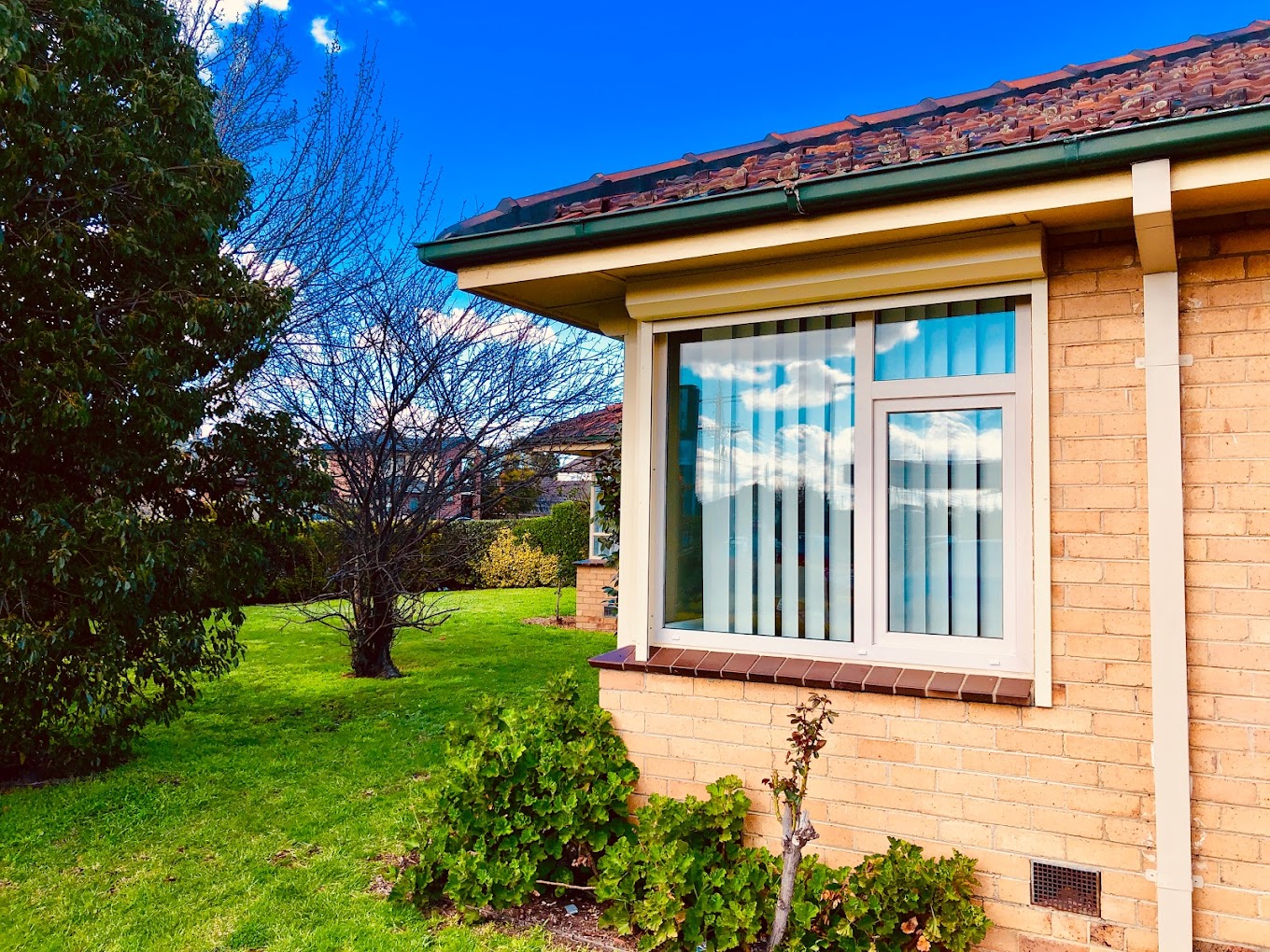All Categories
Featured
Table of Contents
Double Glazing Windows - The Best Installers In The Uk ... in Koondoola Perth
That window can send more solar heat in winter than in summer season. A west-facing window on a summertime's afternoon has an angle of occurrence from near 0 up to 30 with a large reliable location of solar radiation. A north-facing window, in summer, has a high angle of incidence and a low efficient area of solar radiation, so can transmit less heat than a west-facing one.

You can rapidly and quickly improve the thermal performance of your home by replacing your windows. There are thousands of types of glass and frames to select from.
What Are The Advantages Of Double Glazed Windows? in Duncraig WA
There are several kinds of glass products to pick from. Single glazing utilizes a single pane of glass. Single glazing with clear glass is not very efficient when it comes to heat loss or gain. To improve performance, you can use single glazing with a more energy-efficient kind of glass such as low emissivity (low-e) glass.
Multiple layers can be put together with sealed cavities in between each sheet of glass. IGUs normally provide better energy efficiency than single glazing, because they transfer less energy. The energy efficiency of IGUs likewise depends on: the homes of each layer of glass. Different glass types (for instance, clear and low-e glass) can be put together in an IGU.
Double Glazing Perth in Kalamunda Perth

IGU cavities can be filled with air or a more inert, low-conductivity gas such as argon the width of the cavity. Broader cavities supply lower (much better) U values, with 12mm typically accepted as the preferred gap how well the cavity is sealed.
If argon is set up to the cavity in location of air, wetness is reliably excluded the level of desiccant (drying representative). The spacer (metal or polymer strip) that separates the glass layers consists of a desiccant to take in any wetness. Insufficient desiccant may cause wetness to condense on the glass surface area in cold conditions, decreasing thermal performance.
Double Glazing Versus Secondary Glazing in Two Rocks Perth
IGUs can deliver better energy performance for all climates, particularly in heated and air-conditioned houses. Cross-section detail of single, double and triple-glazing systems Low emissivity glass (commonly referred to as low-e glass) lowers heat transfer. Low-e glass may be either high or low transmission: High transmission low-e glass has a finishing that allows daytime from the sun to enter your house to accomplish good solar heat gain, however decreases the quantity of the long wavelength infrared heat that can escape back through the window.
Low-e glass has either a pyrolytic coating or a vacuum-deposited thin movie metal covering. Pyrolytic finishings are long lasting and can be used for any glazing; vacuum-deposited coverings are soft and are only utilized within IGUs. Low-e finishings can considerably enhance both U value and SHGC; nevertheless, they must be utilized properly or they will either weaken or fail to perform as required.
The Science Behind Double Glazed Windows in Lynwood Western Australia
Low-e coatings can be utilized in mix with clear, toned or reflective glass. Low-e finishings on glazing can decrease heat transfer where needed Picture: Department of Market, Science, Energy and Resources Toned glass has colouring ingredients consisted of throughout manufacture. It is available in various colours, normally bronze, grey, blue and green.
Table of Contents
Latest Posts
Reasons Why Double Glazed Windows Are A Good Idea in North Fremantle Perth
Replacement Double Glazing - Upvc Windows in Kelmscott Perth
Reasons Why Double Glazed Windows Are A Good Idea in Wilson Western Australia
More
Latest Posts
Reasons Why Double Glazed Windows Are A Good Idea in North Fremantle Perth
Replacement Double Glazing - Upvc Windows in Kelmscott Perth
Reasons Why Double Glazed Windows Are A Good Idea in Wilson Western Australia